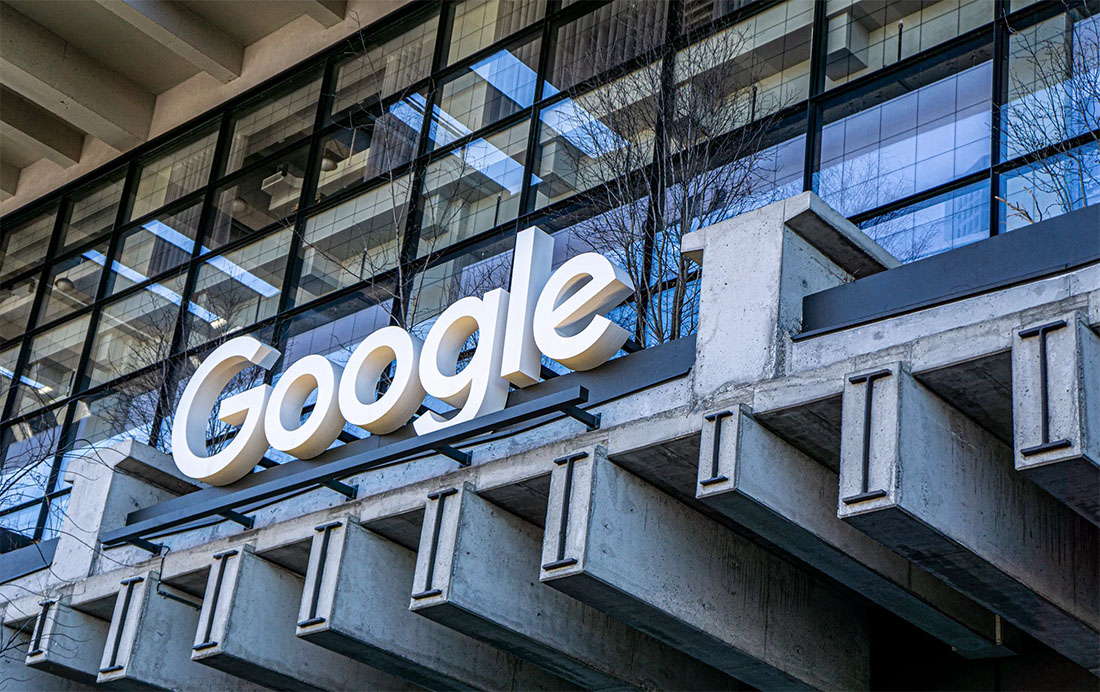Photo Credit: Getty Images
In a pivotal courtroom confrontation that began Monday, the U.S. Department of Justice argued that Google must face strict measures to prevent it from leveraging artificial intelligence to extend its search dominance. This landmark case could fundamentally reshape the internet landscape by challenging Google's position as the primary gateway to online information.
"This is the time to tell Google and all other monopolists who are out there listening, and they are listening, that there are consequences when you break the antitrust laws," declared DOJ attorney David Dahlquist during opening statements at the Washington, D.C. federal courthouse.
Nearly a year after U.S. District Judge Amit Mehta ruled that Google illegally maintained a search engine monopoly, both sides are now battling over penalties. The DOJ's most aggressive demand is for Google to sell its Chrome browser, the world's most popular web browser and a significant driver of search revenue.
The government revealed that Google has agreed to pay Samsung monthly to install its Gemini AI app on devices, with a deal potentially extending into 2028. Financial terms weren't disclosed, but Dahlquist characterized it as substantial.
"We are not here for a Pyrrhic victory. We are here to restore competition," emphasized Dahlquist, calling this an "inflection point" that will determine whether Google controls the search market or competition prevails.
Google's attorney John E. Schmidtlein countered that the DOJ's proposals represent a "wishlist for competitors" designed to "prop up individual competitors" with resources that took Google decades to develop. The company considers the Chrome divestiture demand "most extreme" and argues it would damage other products like the Chrome operating system and Chromebook laptops.
The case represents the government's most significant antitrust action in decades. "This case is an extremely big deal. It's hard to overstate it," said Rebecca Haw Allensworth, antitrust law professor at Vanderbilt Law School. "It is at least as big a deal as the Microsoft case, which is the last big antitrust case that we had. And that was 25 years ago."
Outside the courthouse, Assistant Attorney General Gail Slater responded to Google's claim that the DOJ's proposals are dangerous: "You know what is dangerous? The threat Google presents to our freedom of speech and the freedom of digital market innovation."
The trial will feature testimony from major tech figures including Google CEO Sundar Pichai and executives from Apple, Microsoft, and ChatGPT. Google maintains it will appeal Mehta's decision once the remedies phase concludes.


